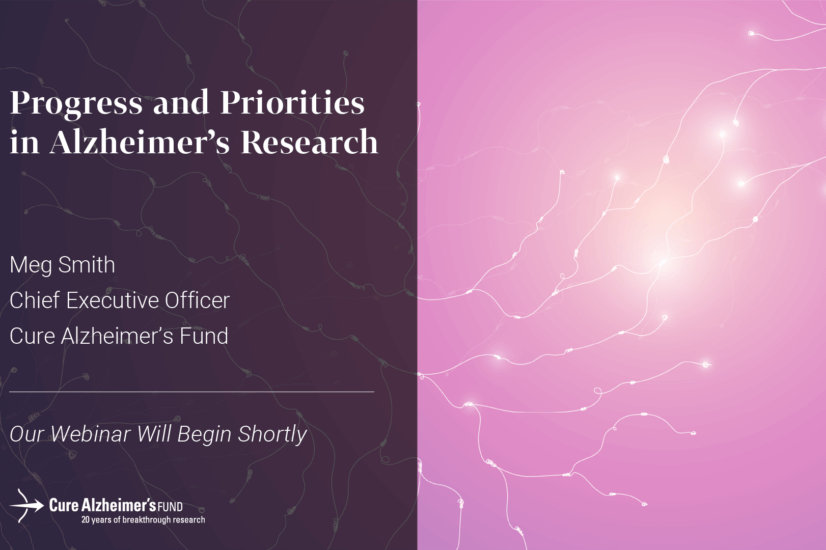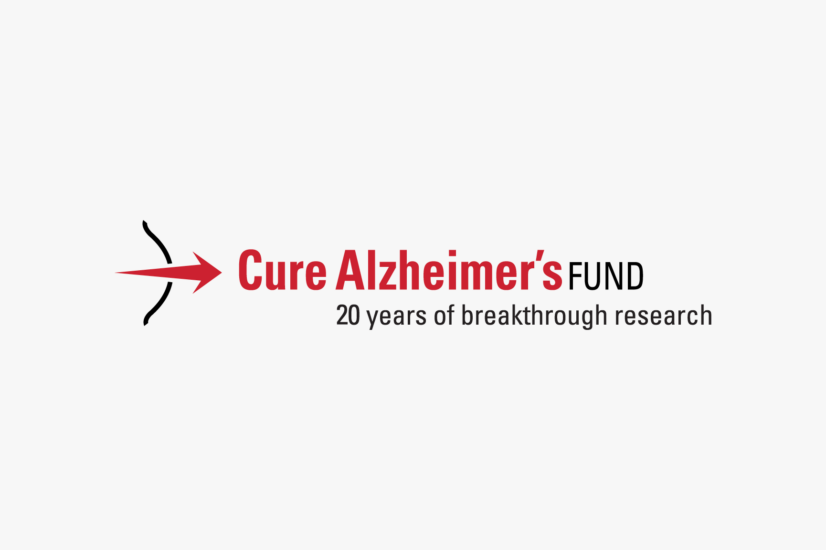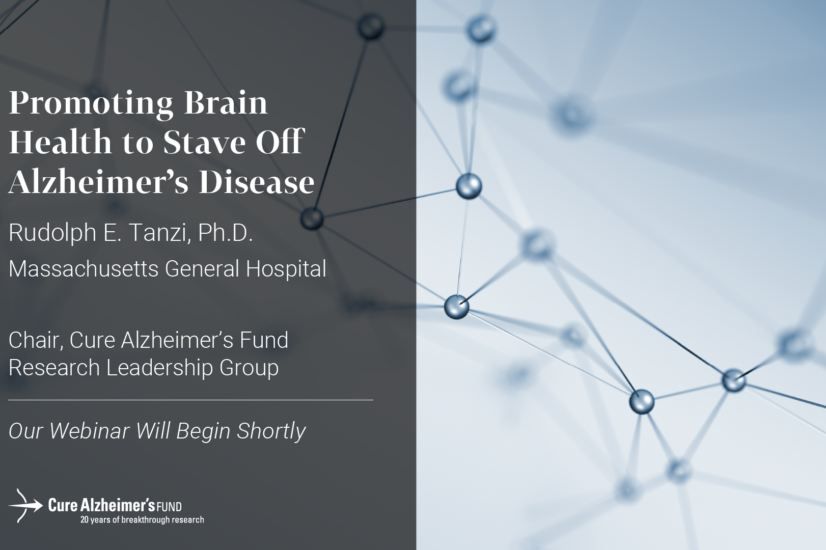Findings from Cure Alzheimer’s Fund Help Drive the Alzheimer’s Initiative
“Alzheimer’s takes a devastating toll on millions of Americans,” said Kathleen Sebelius, secretary of Health and Human Services. “It’s a very important health issue. The time for bold action is right now.”
We at Cure Alzheimer’s Fund are delighted by today’s announcement by the Obama administration that within the next two years, $156 million will be provided for Alzheimer’s research and caregiver support. Fifty million will be made available immediately, and another $80 million will be in the Fiscal Year 2013 budget. Also made available immediately will be $26 million in caregiver support, provider education, public awareness and improvements in data infrastructure.
National Institutes of Health (NIH) Director Francis Collins, MD, Ph.D., said the funding will support basic and clinical research, such as identifying genes that increase the risk of Alzheimer’s and developing testing therapies for people at highest risk of the disease.
Since its inception, Cure Alzheimer’s Fund has supported the Alzheimer’s Genome Project™ as its flagship project. Cure Alzheimer’s Fund decided in 2006 that the top priority for promoting Alzheimer’s research is the search for genetic factors that either confer protection or risk for Alzheimer’s. The Alzheimer’s Genome Project, led by Dr. Rudolph Tanzi of Massachusetts General Hospital/Harvard Medical School in Boston, has identified more than 100 new candidate Alzheimer’s genes. About half of these genes carry variations that provide protection against the disease. Work is continuing on the genes to determine how they affect Alzheimer’s risk and pathology.
Other breakthrough research based on these findings also has been supported by Cure Alzheimer’s Fund, some of which Dr. Collins mentioned today, including investigation of the role of the APOE4 gene in Alzheimer’s pathology, the use of stem cells in Alzheimer’s research and the role of insulin in Alzheimer’s therapies and what commonalities there may be between Alzheimer’s and diabetes. In addition, Cure Alzheimer’s Fund has done important work in understanding the link between the peptide Abeta and the protein tau in driving Alzheimer’s pathology.
Tim Armour, president and CEO of Cure Alzheimer’s Fund, said he is gratified the administration’s priorities align so tightly with the mission of Cure Alzheimer’s Fund. In response to the announcement made today, Armour said:
“We applaud the administration for increasing funding for Alzheimer’s research and setting a time goal for having effective therapies. The theme of the administration’s approach is correct; we can’t wait. The amount of money pledged for this effort is heartening, if far short of what it will take to defeat Alzheimer’s, and the time goal is laudable if aspirational. But it’s a welcome boost in public commitment and awareness, and we are grateful for it. We all need to capitalize on this momentum now to come together and find a way to prevent, slow or reverse Alzheimer’s disease.”






